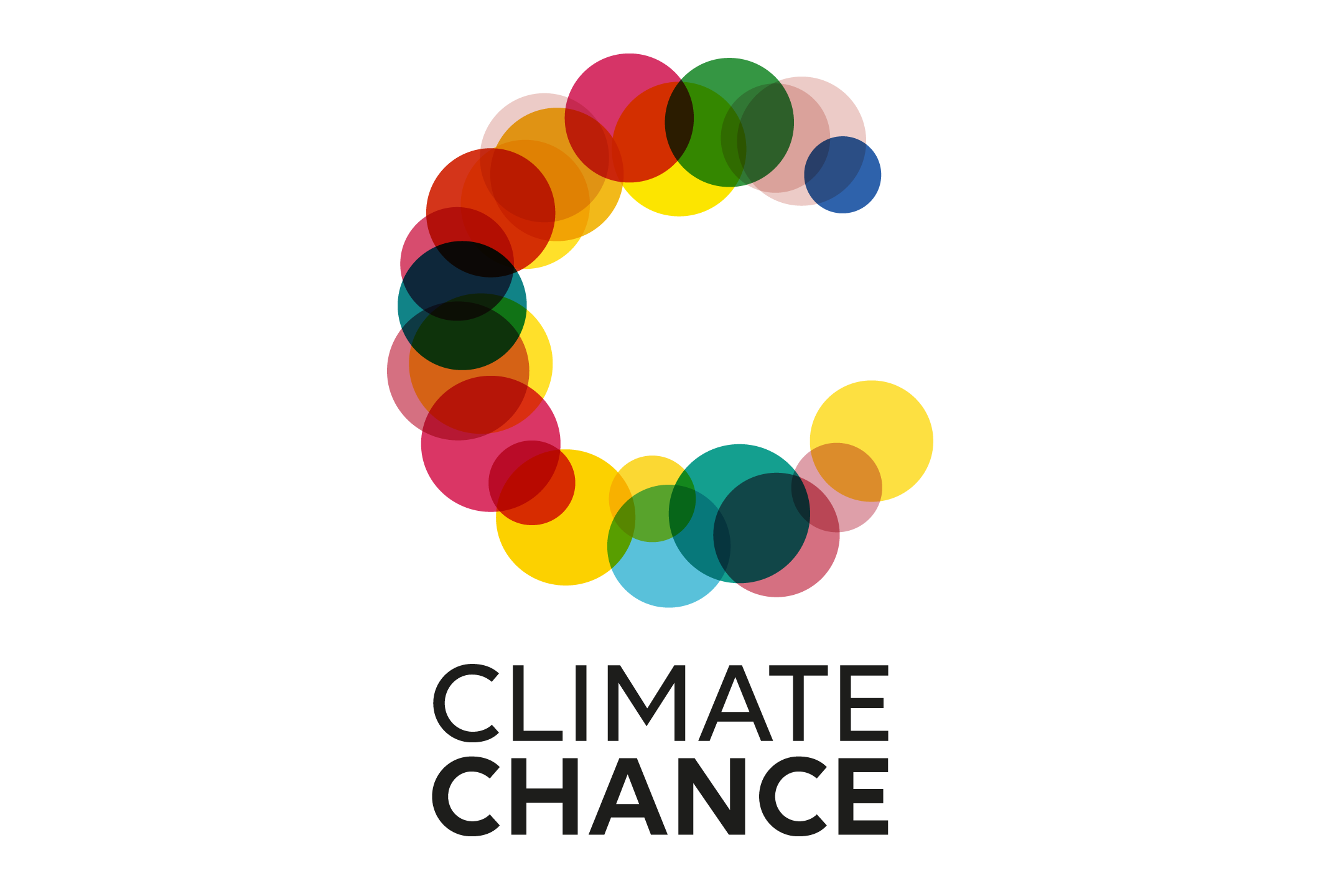Alongside a degradation of wetlands and other ecosystems, Europe has seen an increase in extreme precipitation, floods, droughts… There is an urgent need to put in place adaptation policies that take into account the role of water in urban spaces.
- water | extreme weather | flood | drought
- Thursday 11 July 2024, 08:00 - 19:00 (CEST)
- Online only
- Live streaming available
- Country
- France
Practical information
- When
- Thursday 11 July 2024, 08:00 - 19:00 (CEST)
- Where
- Online only
- Languages
- English, French
- Part of
- Website
- Event website
Description
In 2021, Wallonia was hit with extreme flooding, leading to unprecedented losses. Unfortunately, these communities were unprepared to confront these extreme events and suffered tragic consequences. Not only was Wallonia confronted with this disaster, but several other cities and regions in Europe, which have experienced water-related natural disasters.
This unpreparedness highlights the need to work towards a water-resilient Europe, all the while re-examining the conception of “articificialised” landscapes and ecosystems. Earlier this year, the Climate Chance Europe 2024 Wallonia Summit was held in Liege, Belgium, focusing on adaptation and resilience in Europe.
The Summit, where the impacts of the flooding in Wallonia continued to be an important topic, gathered experts and practitioners, and discussed Nature-based Solutions for flood management. It also resulted in adoption of the Liege Declaration, which provides a roadmap on adaptation to climate change with Nature-based Solutions.
Addressing policymakers at all levels of the EU, the Declaration calls for, among other things, an EU water strategy and an EU Blue Deal to foster the protection, conservation and restoration of water resources while ensuring social and environmental safeguards.
This online session, through examples of best practices that have been implemented, and through lived experiences from Wallonia, will continue the discussion on how diverse local actors from cities and regions can implement actions that better manage water resources, while working with nature as an ally, and render their territories more resilient. It will also be an opportunity for speakers to further discuss the implications of the Liege Declaration with regards to this matter.
This virtual meeting will last for 1 hour and 15 minutes, and will provide an opportunity for speakers to discuss and exchange on their experiences and policy recommendations, with a time for a participative Q&A at the end.
The speakers will range from representatives of cities and regions, researchers, and civil society organisations, while the session is open to all to follow. The target audience of this event includes policy-makers and committed non-state actors looking to make a difference at a more local and community-based level, with the objective of opening the discussion to all.

